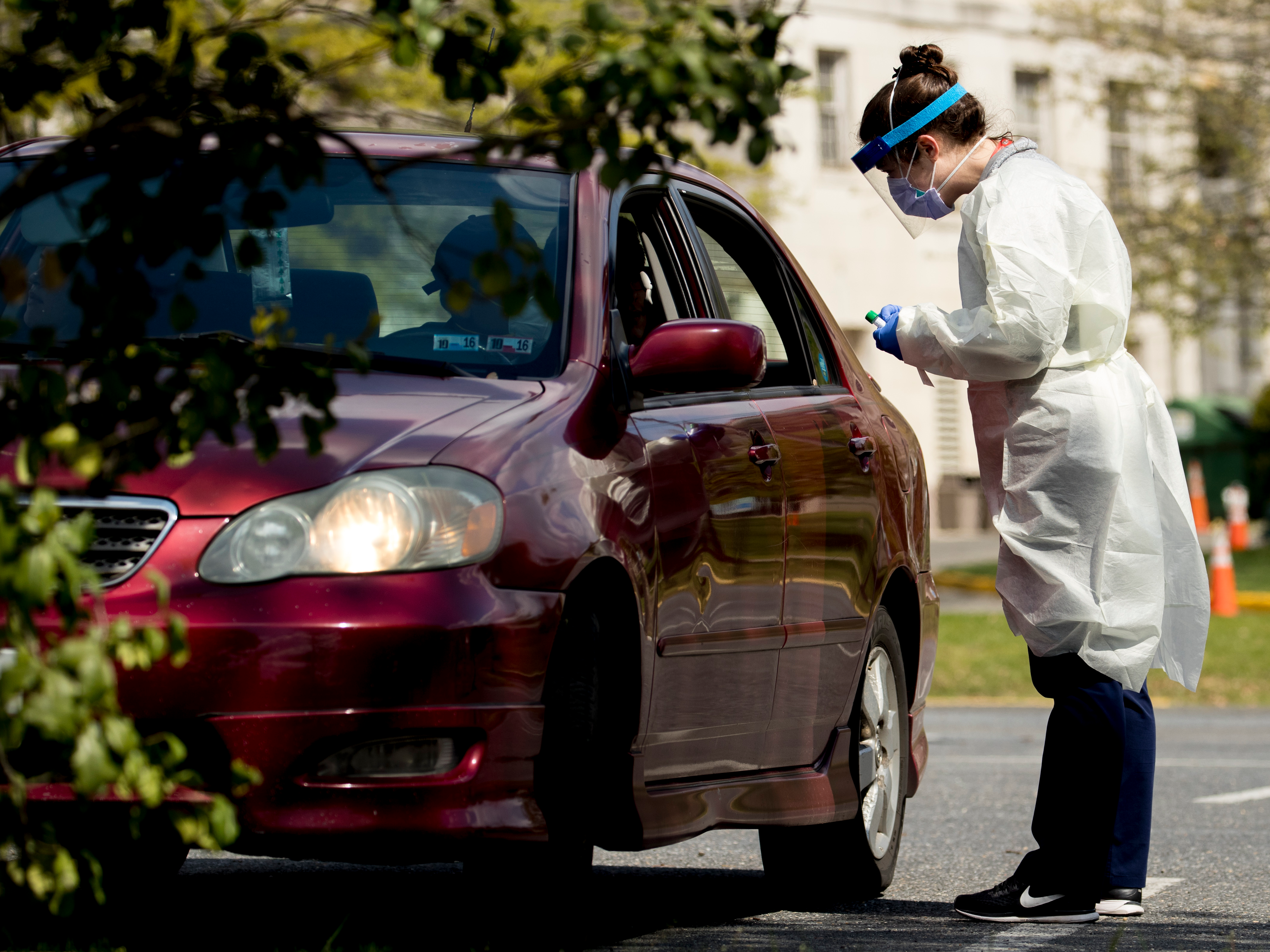- Researchers are building an app that would listen to people’s coughs and use AI to predict whether they might have COVID-19.
- The app, called “Coughvid,” was inspired by doctors who said coronavirus patients have a distinctive cough that sounds different than other illnesses, researcher Tomas Teijeiro told Business Insider.
- Coughvid has been in development for the past month at École Polytechnique Fédérale de Lausanne and has gathered more than 15,000 audio samples of coughs to train its AI.
- It’s one of a slew of AI labs aiming to fight coronavirus with apps that analyze audio from users.
- Visit Business Insider’s homepage for more stories.
Your smartphone may soon be able to listen to your cough and predict whether you’ve contracted COVID-19 – at least, that’s what a team of AI researchers is betting on.
A group of scientists at the Swiss university École Polytechnique Fédérale de Lausanne is building an app called “Coughvid” that would listen to people cough and use AI to determine whether they sound like a coronavirus patient.
Tomas Teijeiro, one of the researchers, told Business Insider that the app was inspired by reports from doctors that COVID-19 patients had a cough with a distinctive sound – a chirping intake of breath at the end – that differed from other illnesses.
“We have a lot of contact with medical doctors and some of them told us that they usually were able to distinguish, quite well, from sound of the cough, if patients were probably infected,” Teijeiro told Business Insider.
The team behind Coughvid is still collecting data to train its AI, Teijeiro said. They've gathered more than 15,000 audio samples of people coughing, 1,000 of which came from people who reported being diagnosed with COVID-19. Once completed, the Coughvid app could be used as a tool to recommend whether users should seek out a coronavirus test or further treatment.
Coughvid is just one of many potential coronavirus solutions being pulled together by AI labs eager to find algorithmic solutions to the epidemic. As The Wall Street Journal reported last week, at least three other labs are also developing AI-powered apps that analyze subjects' breathing, speaking, and coughing in an attempt to predict coronavirus, partnering with researchers at schools including Carnegie Mellon University and New York University.
Critics have complained that the tech community is leaping to provide flashy solutions to coronavirus that could have unintended negative consequences. Cambridge computer science professor Ross Anderson told Business Insider last week that he's concerned such solutions could further overload emergency resources if they lead people with mild symptoms to worry more about the virus.
But Teijeiro told Business Insider that the app is still in early development, and that public health experts are being consulted to determine how best to deploy it. He said data collection will likely continue for at least two months before any product is deployed.
"For now, we have this nice hypothesis. There are other work groups working on more or less the same approach, so we think it has a point," Teijeiro said. "Soon we will be able to say more clearly if it's something that's right for the moment."

